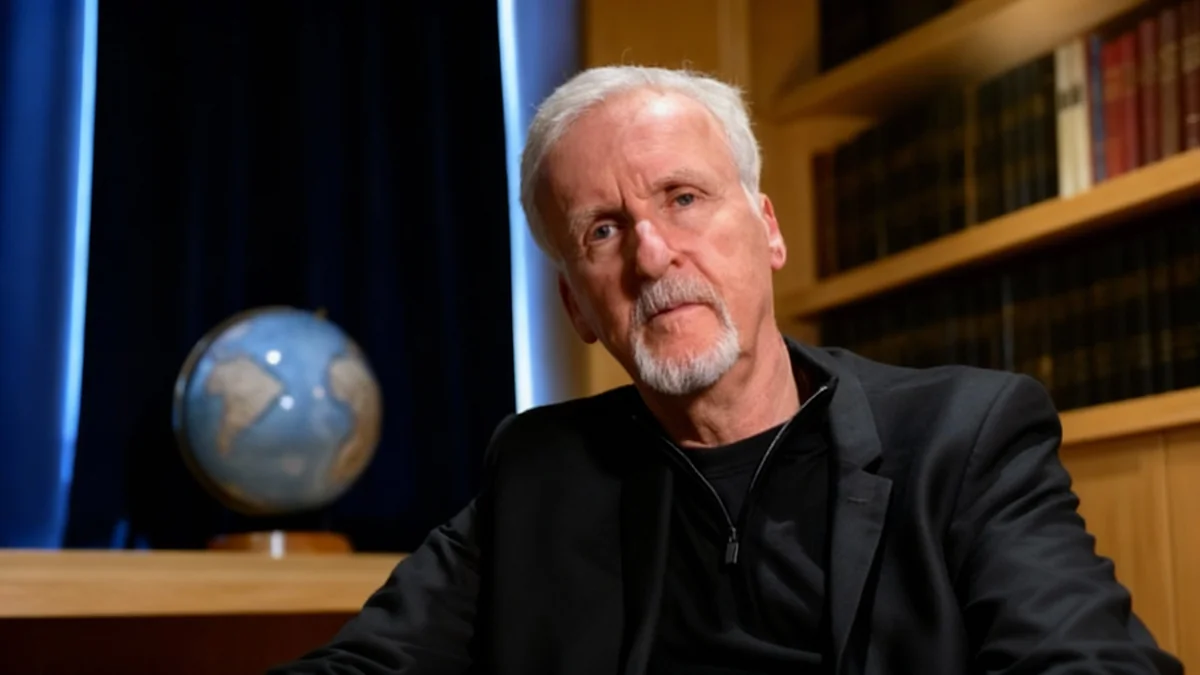A high court in London has delivered a significant ruling in a landmark case between photo agency Getty Images and artificial intelligence firm Stability AI. The judgment addresses the complex legal questions surrounding the use of copyrighted material to train generative AI models, a central issue facing both the technology and creative sectors.
The court found that Stability AI’s image-generation model, Stable Diffusion, does not constitute an “infringing copy” under current UK law, even if it was trained on copyrighted images. This decision represents a pivotal moment in the ongoing debate over intellectual property in the age of AI.
Key Takeaways
- The UK High Court ruled that Stability AI's model is not an 'infringing copy' of Getty's work.
- The case centered on whether an AI model trained on copyrighted images violates copyright law.
- Getty Images had to withdraw its primary copyright claim because the AI training did not occur in the UK.
- The ruling highlights the need for clearer legislation as the UK government consults on AI and copyright.
- Stability AI was found to have infringed Getty's trademarks in some instances where AI-generated images included watermarks.
The Heart of the Dispute
The legal battle began when Getty Images, a global leader in visual media, sued the London-based Stability AI. Getty alleged that the AI company unlawfully scraped and copied millions of its photographs to train Stable Diffusion, its popular text-to-image generator.
Getty argued that Stability AI was “completely indifferent” to the source of its training data and that the resulting AI model was built upon the unauthorized use of its intellectual property. The photo agency described its visual assets as the “lifeblood” of its business and sought to protect them from unlicensed use.
However, the case faced a significant jurisdictional hurdle. Getty was forced to drop its main copyright infringement claim during the trial because there was no evidence that the actual training of the Stable Diffusion model took place within the United Kingdom. This shifted the focus of the lawsuit to more specific and technical legal questions.
A Narrow but Crucial Legal Question
With the primary infringement claim off the table, Getty’s legal team pursued a more complex argument. They contended that the Stable Diffusion model itself should be considered an “infringing copy” because its creation would have constituted copyright infringement if it had been carried out in the UK.
This line of reasoning aimed to hold Stability AI accountable for deploying the model in the UK, regardless of where the initial training occurred. The lawsuit also included claims of trademark infringement, pointing to instances where images generated by the AI included distorted versions of the Getty Images watermark.
A High-Profile Backer
Stability AI has attracted notable figures from various industries. Among its directors is James Cameron, the Oscar-winning filmmaker known for blockbusters like Avatar and Titanic.
The Court's Decision
In her ruling, Mrs Justice Joanna Smith addressed the core of Getty's revised argument. She concluded that an AI model that does not store or reproduce copies of the original copyrighted works cannot be classified as an infringing copy under the existing legal framework.
“An AI model such as Stable Diffusion which does not store or reproduce any copyright works (and has never done so) is not an ‘infringing copy’,” the judge stated in her ruling.
This distinction is crucial. It suggests that the process of learning from data, rather than storing it, places the AI model outside the traditional definition of a copy. While the court ruled in favor of Stability AI on this central point, it did find for Getty on some of its trademark infringement claims related to the watermarks appearing on generated images.
Christian Dowell, general counsel for Stability AI, expressed satisfaction with the outcome. “We are pleased with the court’s ruling on the remaining claims in this case,” he said. “This final ruling ultimately resolves the copyright concerns that were the core issue.”
Broader Implications for AI and Creators
The judgment is seen by many legal experts as a significant development, though one that leaves many larger questions unanswered. Rebecca Newman, a legal director at the law firm Addleshaw Goddard, warned that the decision suggests “the UK’s secondary copyright regime is not strong enough to protect its creators.”
Getty Images also voiced its concerns following the verdict, highlighting the challenges creators face in protecting their work.
“We remain deeply concerned that even well-resourced companies such as Getty Images face significant challenges in protecting their creative works given the lack of transparency requirements,” the company stated. It urged governments to establish stronger rules to help creators protect their rights without resorting to costly legal battles.
The judge herself acknowledged the wider context, noting that the balance between the interests of creative industries and the AI industry is a matter “of very real societal importance.”
The UK's Legislative Crossroads
The UK government is currently in a consultation period regarding copyright and AI. A key proposal under consideration is a “text and data mining exception,” which would legally permit copyrighted works to be used for training AI models unless the rights holder explicitly opts out. This case adds a new layer of urgency and complexity to that debate.
An Unsettled Landscape
This ruling does not end the global debate over AI and copyright. It is specific to UK law and the narrow claims that were argued in court. However, it provides a clear indication of how UK courts might interpret existing laws in the context of generative AI.
The technology industry argues that broad access to data is essential for building powerful and effective AI systems. On the other side, a coalition of artists, authors, and musicians, including figures like Elton John and Kate Bush, are lobbying for stronger protections to ensure they are compensated when their work is used.
As AI technology continues to advance at a rapid pace, the legal and regulatory frameworks that govern it are struggling to keep up. This High Court decision is a critical chapter in an ongoing story, signaling that the rules for this new technological era are still being written.





